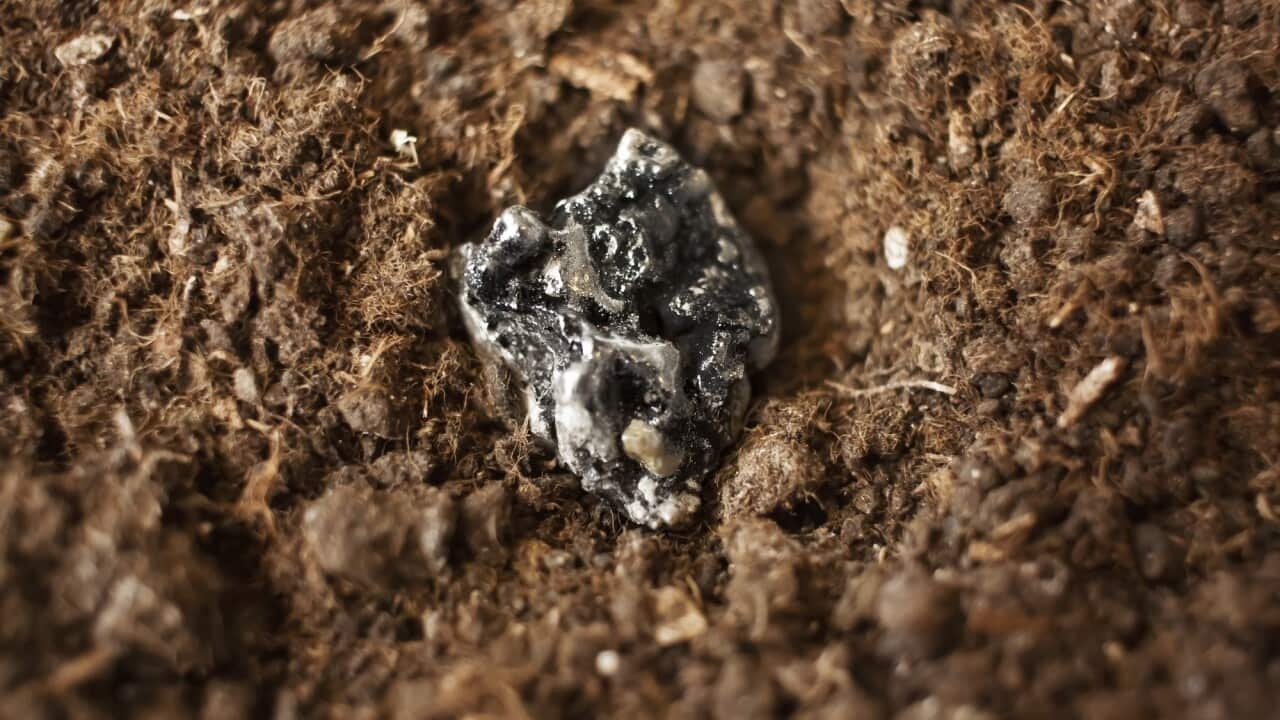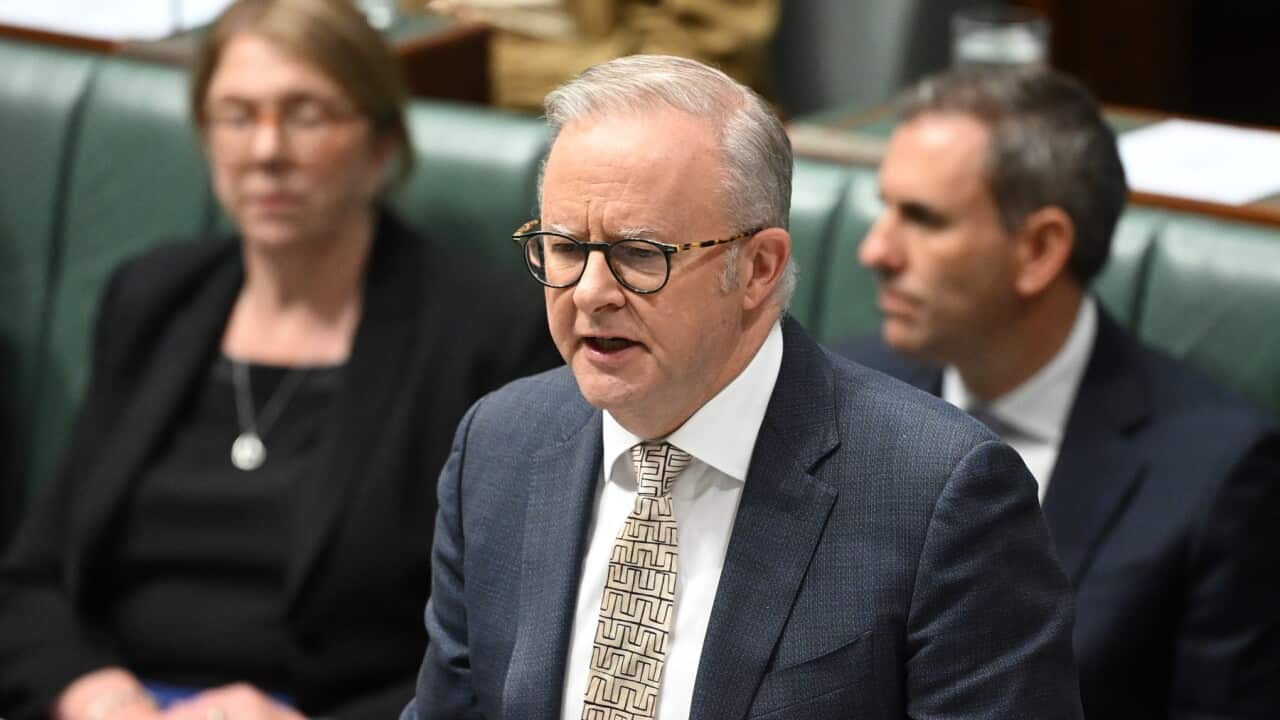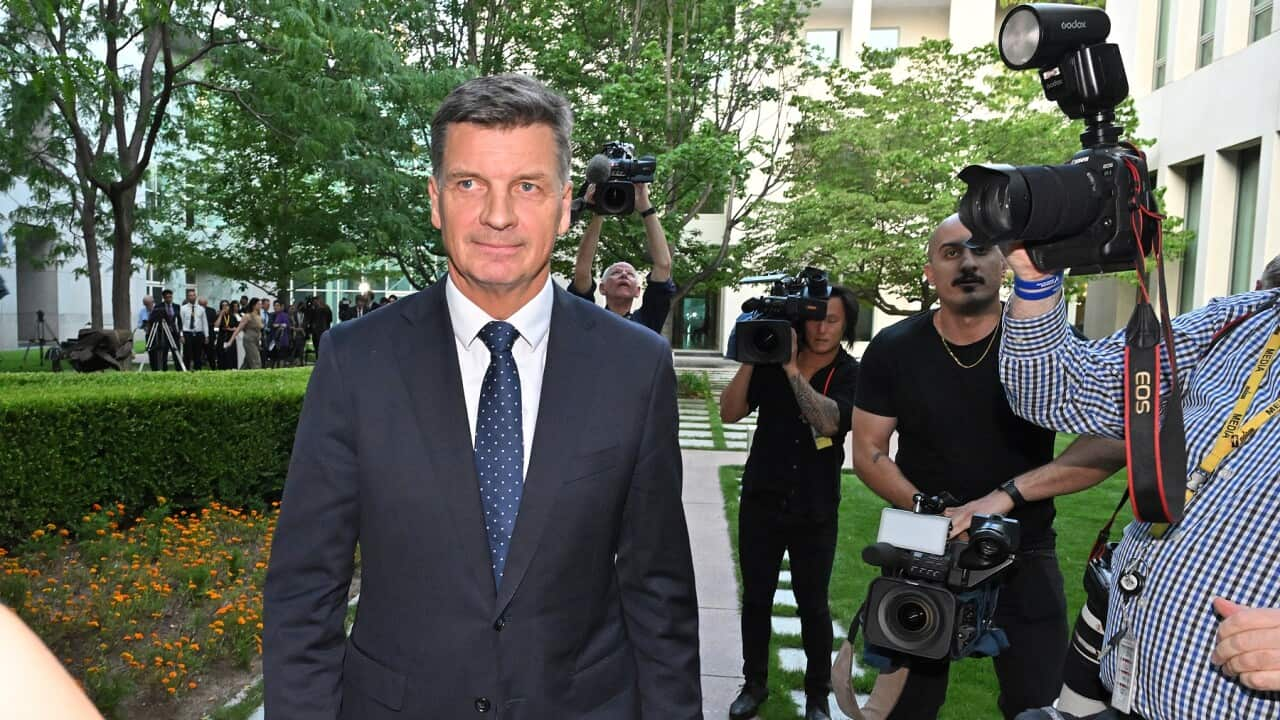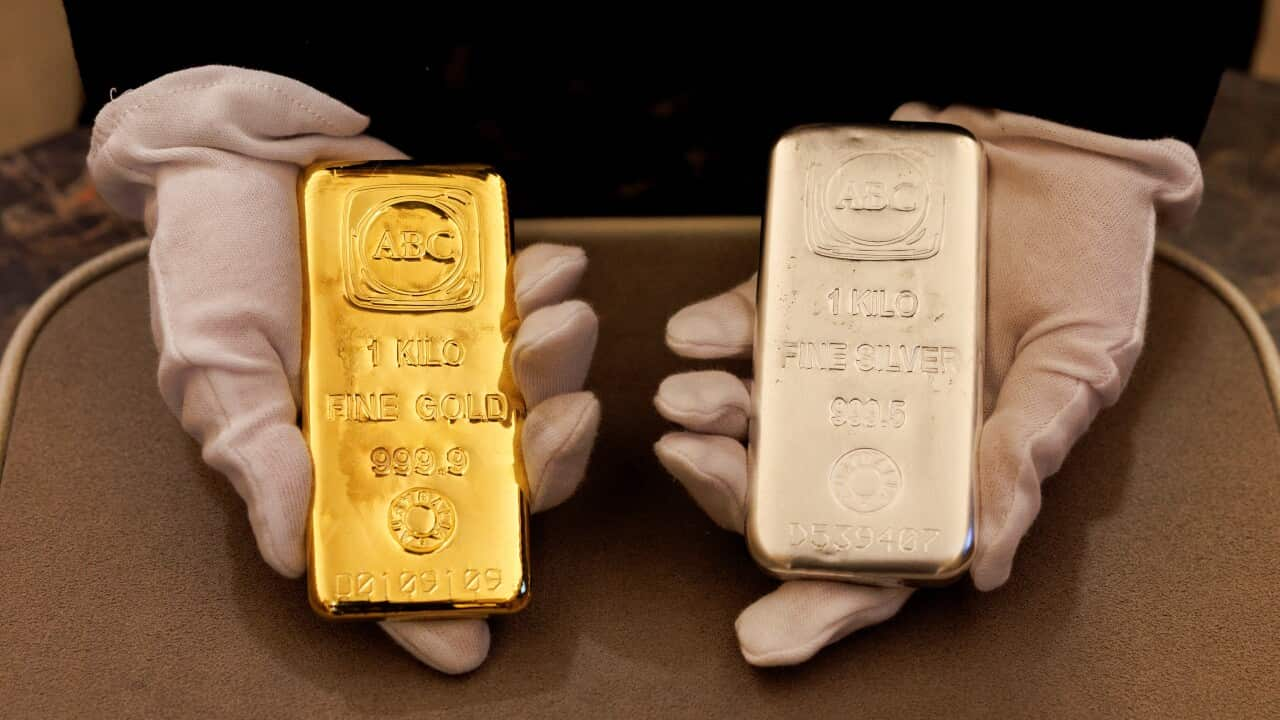TRANSCRIPT
Rare earths are a group of 17 metallic elements that power modern technology.
From TVs to smartphones, medical devices, satellites, even weapons.
And they're crucial too for the green energy transition. Solar and wind energy and electric vehicles all depend on rare earth elements.
Dr Vlado Vivoda from the Sustainable Minerals Institute at the University of Queensland says despite the name, they're not actually scarce.
"So a lot of them are not actually rare, but they're hard to mine and even harder to separate and process safely. So that's what makes them geopolitically important."
Rare earths are tightly bound together with other elements in nature and so, separating them is a complex process often involving at least 50 stages.
Such operations are expensive, labour-intensive and often environmentally damaging.
And so most countries have left the work to China, which Dr Vivoda says emerged as a key player in the 1990s.
"China appeared as the ideal candidate to take in some of that industry, to do it at home with a bit more lax environmental regulations. And it was the cheapest place to do all this. Plus China had some of the largest reserves as well of rare earths."
China now controls the majority of the rare earths supply chain, accounting for around 70 percent of mining and 90 percent processing, according to the International Energy Agency.
Earlier this year, China imposed restrictions on the export of a range of critical rare earths
The move, which was in retaliation to US President Donald's Trump's sweeping tariffs - exposes just how reliant the world is on these minerals.
Now Australia, which has some of the richest deposits in the world, is stepping in.
"So we do have a lot of rare earths reserves as well in Australia and it's a matter of bringing all those reserves to production. Australia is a traditional resource economy. Our biggest commodities for some time have been coal, iron ore, L-N-G and some other minerals. Rare earths have been minuscule along with a lot of other critical minerals such as lithium, nickel, cobalt and so on. I think a lot of potential there for Australia as well to get involved."
The federal government is seeking to ramp up the local industry, announcing earlier this a $1.2 billion investment to set up a strategic reserve of critical minerals - including rare earths.













